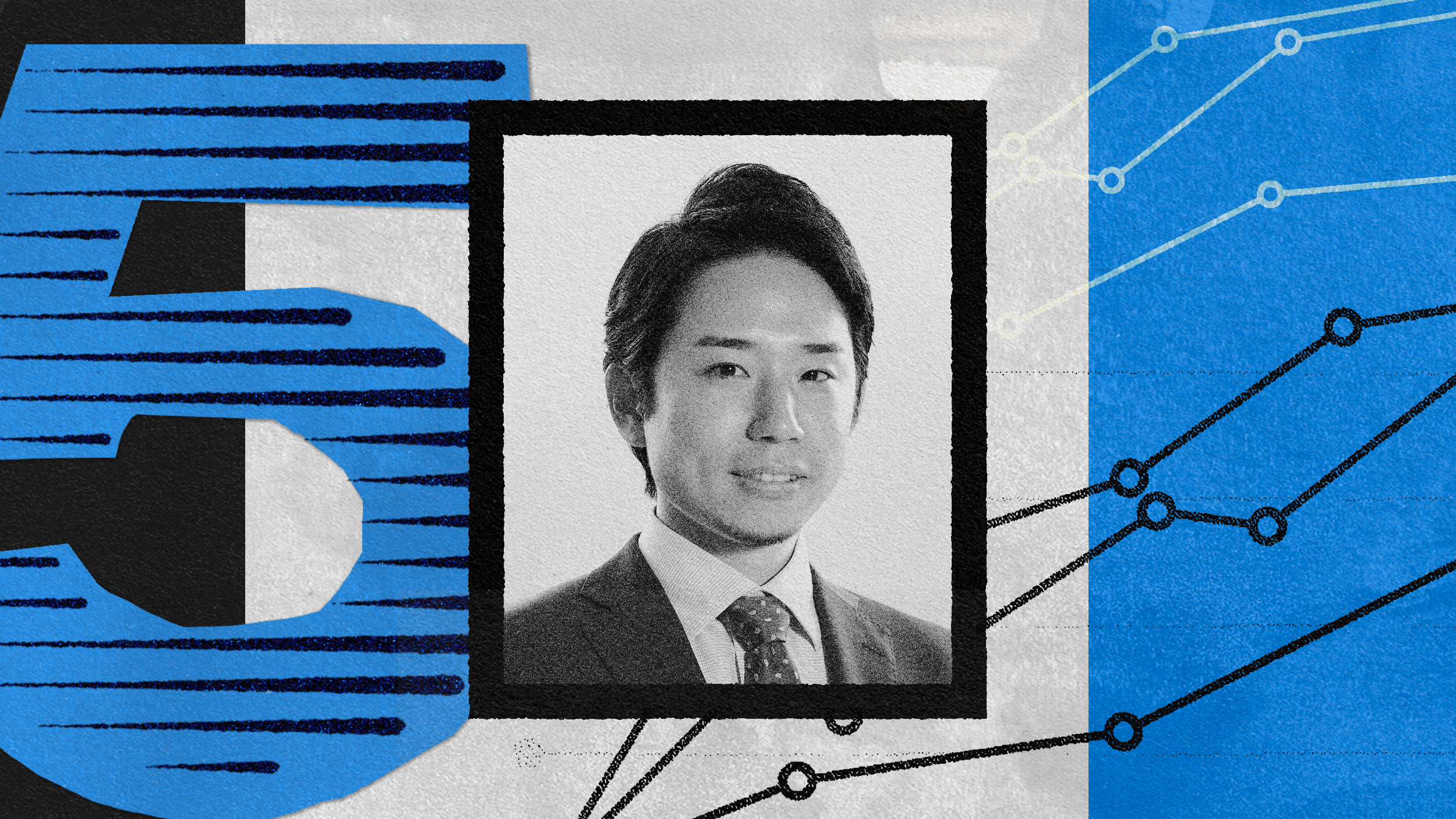“Founder syndrome”: How to move forward when leaders stagnate

- Katherine Skinner, co-founder and executive director of Educopia, recognized the dangers of remaining for too long in the top role.
- Skinner began planning for Educopia’s leadership transition two years prior to her departure.
- Educopia decided on a “shared leadership” model rather than vesting leadership in a single executive.
Alongside my work as a member of the faculty of Michigan State University (MSU), I am currently serving a three-year term (2022–2024) as the president of the board of directors of the Educopia Institute, a nonprofit organization focused on supporting communities that develop, share, and preserve knowledge both inside and outside the academy. Educopia is a values-enacted organization that strives for, among its other principles, “radical transparency coupled with reliability and responsiveness.”
Educopia was founded in 2006 by Katherine Skinner, executive director, and Martin Halbert, then board president, in order to provide administrative and strategic support for collaborations growing across the information management landscape. After 16 years as director, Skinner recognized that Educopia was at risk for a problem she’d observed in some communities she and her colleagues had assisted: “founder syndrome.” She described it in a July 2022 blog post announcing her decision to step down: “Founder-led organizations often begin with visionary leaders who can marshal resources and create a safe, secure atmosphere that appeals to funders and community members. If founders stay too long, though, their organizations tend to become too reliant upon and too influenced by the founders’ personalities, which can lead to stagnation and an unhealthy reciprocal dependence between the founder and the organization.”
Replacing a founder, however, and especially one as successful, respected, and, frankly, loved as Katherine Skinner, is no easy task. I count myself among those who love Katherine and who had a hard time imagining Educopia without her, and I admire beyond words the ethical conviction and organizational intelligence that led her to identify her apparent irreplaceability as the reason why the time had come for her to step down.
Skinner began planning for Educopia’s leadership transition at least two years prior to her departure by thinking carefully about ways to share her knowledge with other members of the staff. Another crucial component of the transition was serious board development, as we would need a much different set of skills on the board to help support the organization into its next stage than we had on the board in the early days, when it functioned primarily as an advisory body supporting a talented and resourceful founder. We would need a much deeper understanding of the board’s role in Educopia’s governance, and we would also need to engage directly with the ethos of shared power that the Educopia team had embraced.

The board, in other words, needed to catch up with the staff as they worked to transition Educopia from a leader-centered startup into what [business analyst and author] Frederic Laloux would term a “Teal Organization,” a purpose-driven nonprofit structured in ways that center equity and that enable and encourage leadership at every level. In order to do that work, we began a development process in which we plotted our own needs for growth at this moment of significant change, and we engaged Circle Forward, a consulting group helping organizations achieve “greater trust, equity, and resilience” in their governance processes. Over several sessions with Circle Forward principals Tracy Kunkler and Dee Washington, we considered what the role of the board of directors of an organization committed to equity and ethical collaboration should be and how the board could better support the work of the staff rather than governing from above.
In the course of that work, and as we considered Skinner’s forthcoming departure, we gradually came to realize that Educopia might better be served by establishing shared leadership than by vesting leadership in a single executive; such a distribution of authority and responsibility might make the organization more resilient (and less subject to the turmoil of executive transition) in the years ahead. So, September 2022 ended with celebrations, both within Educopia and among its many friends, of the extraordinary work that Katherine Skinner had done over the years and with a warm welcome to its three amazing new codirectors: Jessica Meyerson, Katherine Kim, and Racquel Asante. The codirectors were existing members of the Educopia team and thus had deep knowledge of the organization and its needs; they also bring balancing strengths to their codirection and are actively working to establish decision-making and communication processes that keep their work as open to the rest of the team as possible. The board continues to look for ways to support the codirectors and the whole team in this new leadership model, and I am honored to have the opportunity to collaborate with and learn from them in the process.





